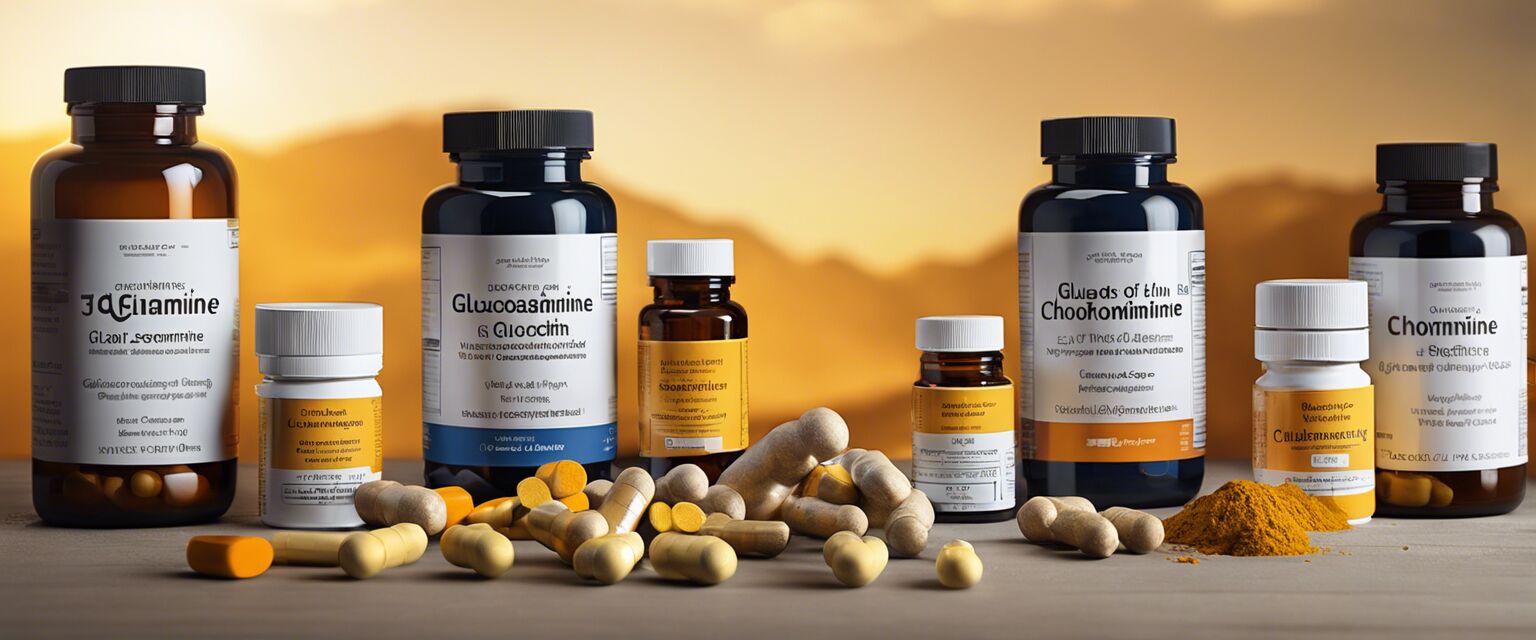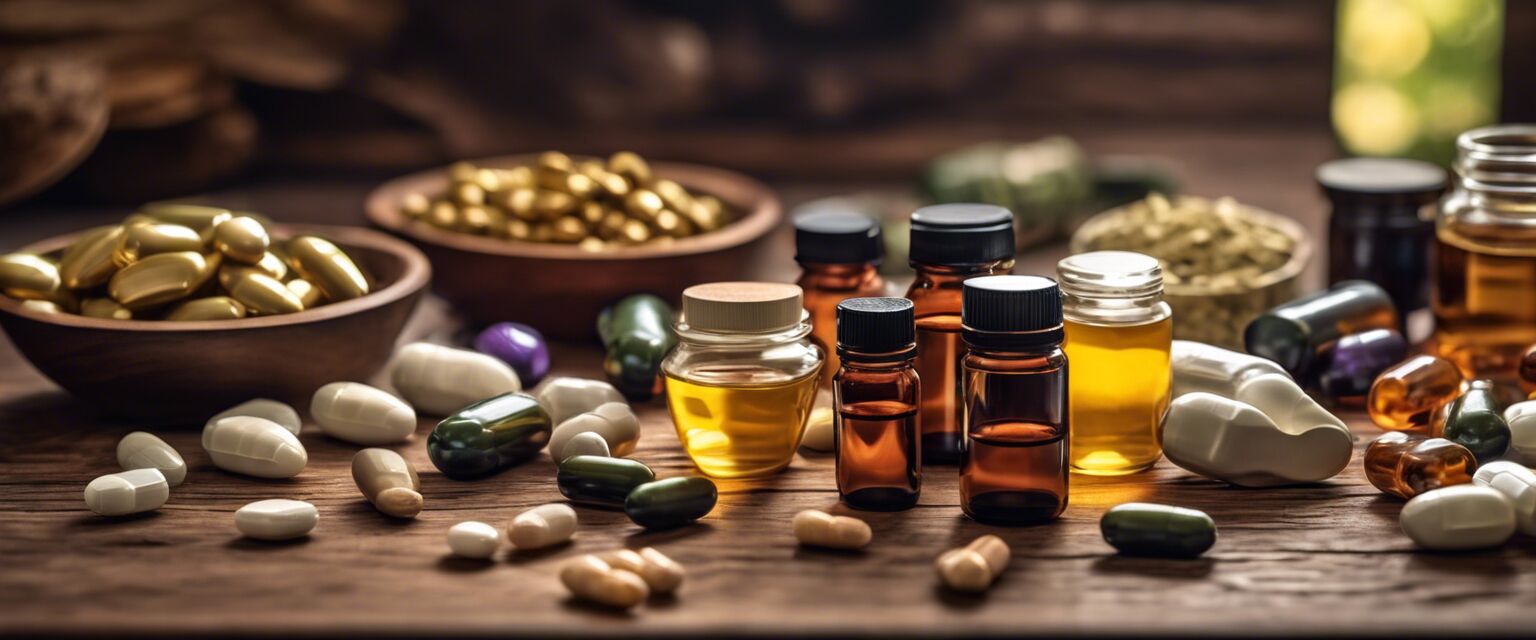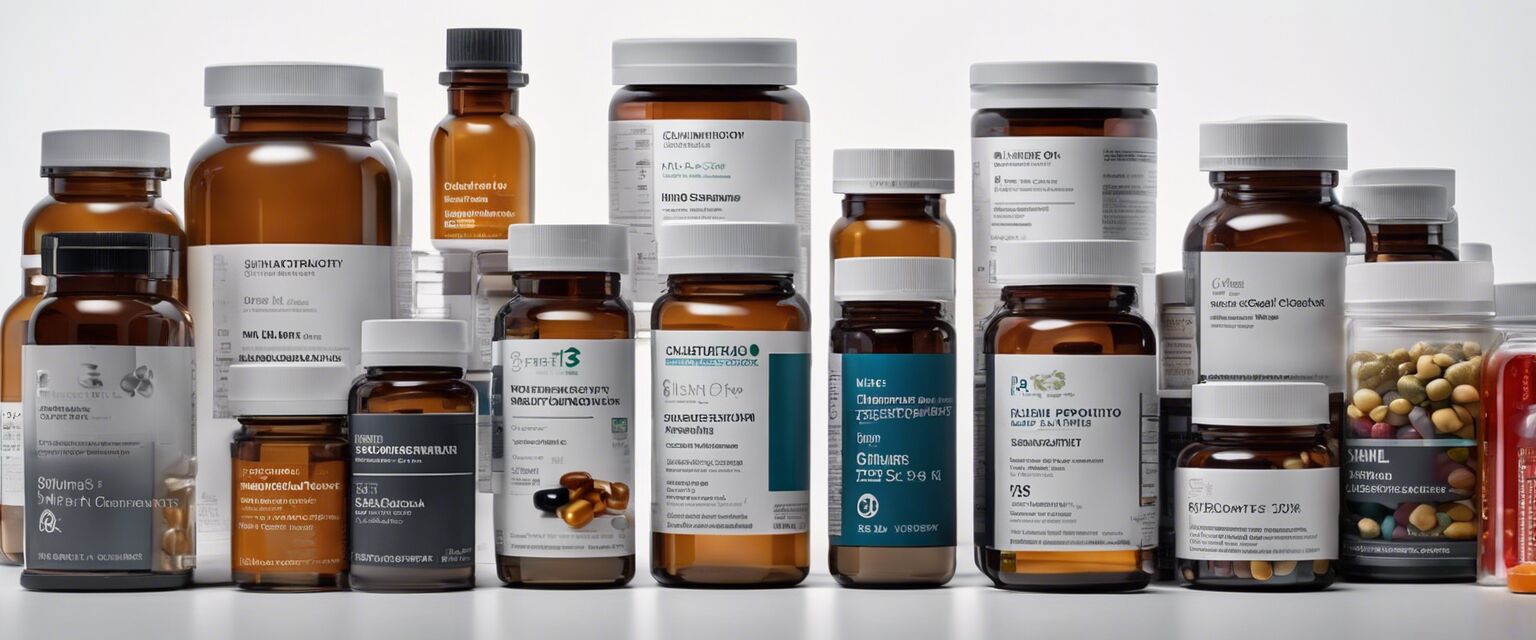
Skin Health Supplements for Seniors
Key Takeaways
- Skin health is vital for overall well-being in seniors.
- Supplements can support skin hydration, elasticity, and repair.
- Common supplements include collagen, hyaluronic acid, and vitamins.
- Consulting with a healthcare provider is essential before starting new supplements.
As we age, our skin undergoes various changes that can affect its health and appearance. Factors such as decreased collagen production, reduced moisture retention, and environmental stressors can lead to skin that appears less vibrant. Fortunately, supplements can play an essential role in maintaining and improving skin health for seniors. In this article, we will explore various skin health supplements, their benefits, and how they can support a healthy and radiant complexion.
Why skin health is important for seniors
The skin is the largest organ in our body, serving as a protective barrier against environmental factors. For seniors, maintaining skin health is crucial as it can impact overall well-being, confidence, and quality of life. Healthy skin can help:
- Protect against infections
- Regulate body temperature
- Provide sensory information
- Enhance the absorption of nutrients
Common skin health supplements
Several supplements are known to support skin health, particularly for seniors. Here's a closer look at some of the most popular options:
| Supplement | Key Benefits | Recommended Dosage |
|---|---|---|
| Collagen | Supports skin elasticity and hydration | 2.5 to 15 grams per day |
| Hyaluronic Acid | Helps retain moisture in the skin | 50 to 200 mg per day |
| Vitamin C | Promotes collagen production and skin repair | 500 to 1000 mg per day |
| Vitamin E | Acts as an antioxidant, protecting skin cells | 15 mg per day |
| Omega-3 Fatty Acids | Supports skin hydration and reduces inflammation | 1000 to 2000 mg per day |
Collagen
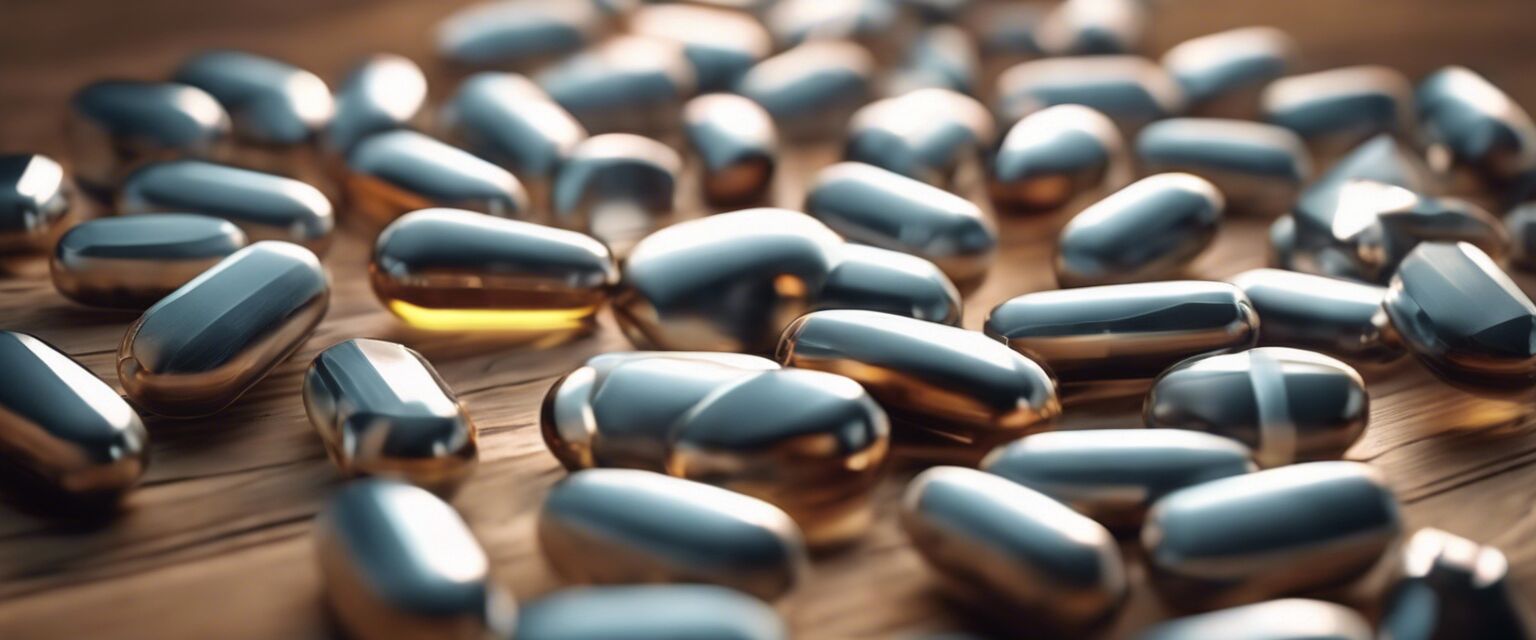
Collagen is a vital protein that maintains skin structure and elasticity. As we age, collagen production decreases, leading to wrinkles and sagging skin. Supplementing with collagen can help restore skin's firmness and hydration.
Hyaluronic Acid
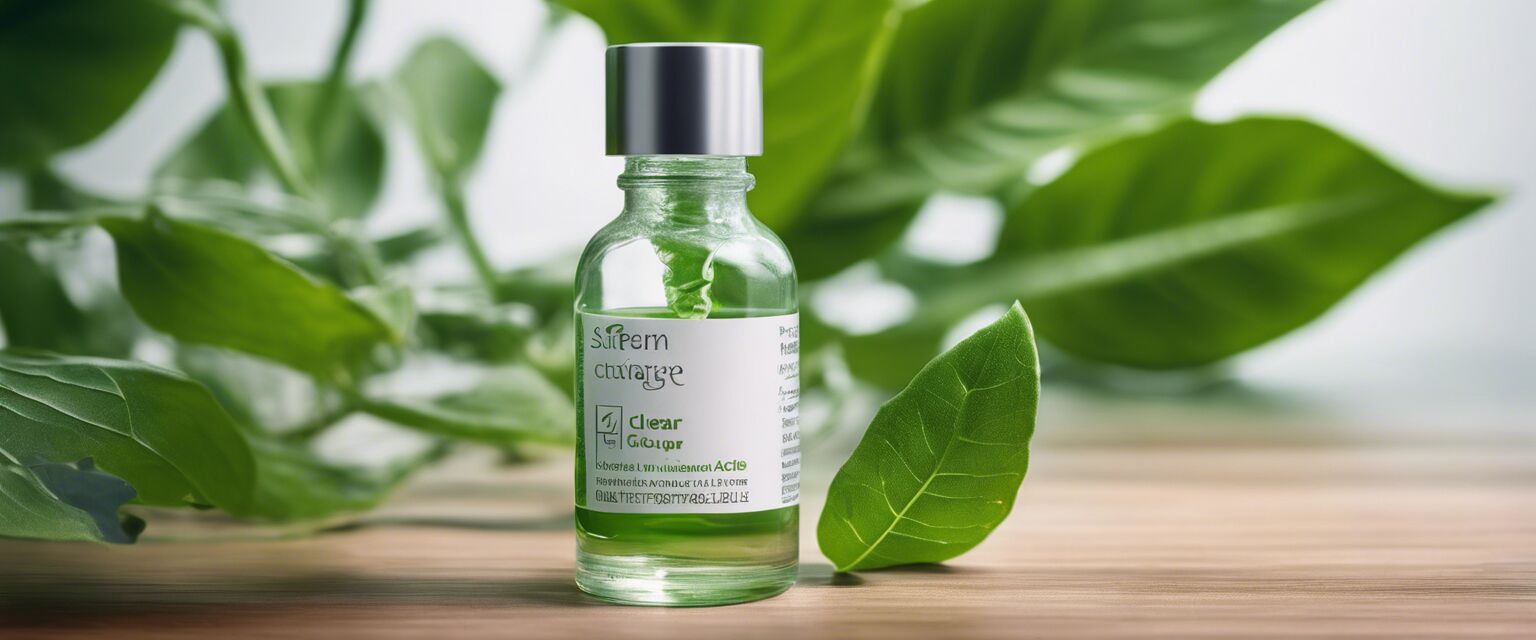
Hyaluronic acid is naturally found in the skin and plays a crucial role in retaining moisture. By supplementing with hyaluronic acid, seniors can help maintain skin hydration and reduce dryness.
Vitamins C and E
Vitamins C and E are essential for skin health. Vitamin C aids in collagen synthesis and acts as an antioxidant, while Vitamin E protects the skin from free radicals. Together, these vitamins can help improve skin texture and appearance.
Omega-3 Fatty Acids
Omega-3 fatty acids are known for their anti-inflammatory properties. They can help keep the skin moisturized and may reduce redness and irritation, making them an excellent choice for seniors experiencing dry skin.
Best practices for using supplements
When considering skin health supplements, it's important to follow these best practices:
- Consult with a healthcare provider to determine the best supplements for your needs.
- Start with a lower dosage and gradually increase as needed.
- Maintain a balanced diet rich in fruits, vegetables, and healthy fats.
- Stay hydrated to support overall skin health.
- Monitor skin changes and adjust supplements accordingly.
Pros
- Can improve skin hydration and elasticity.
- May reduce signs of aging, such as wrinkles and dryness.
- Supports overall skin health and appearance.
Cons
- Results may vary between individuals.
- Some supplements may cause allergic reactions.
- Consultation with a healthcare provider is essential before starting new supplements.
Conclusion
Maintaining skin health is crucial for seniors, and various supplements can provide valuable support. By incorporating supplements such as collagen, hyaluronic acid, and vitamins C and E into a daily routine, seniors can work towards achieving healthier and more radiant skin. Always remember to consult with a healthcare provider before starting any new supplement regimen to ensure safety and effectiveness.
Tips for seniors on skin health
- Stay hydrated by drinking plenty of water throughout the day.
- Use a gentle, fragrance-free moisturizer daily.
- Protect your skin from the sun with sunscreen and protective clothing.
- Avoid smoking and limit alcohol consumption.
- Engage in regular physical activity to promote circulation.
Explore more on skin health supplements
For more information on dietary supplements tailored for seniors, check out our other articles:

